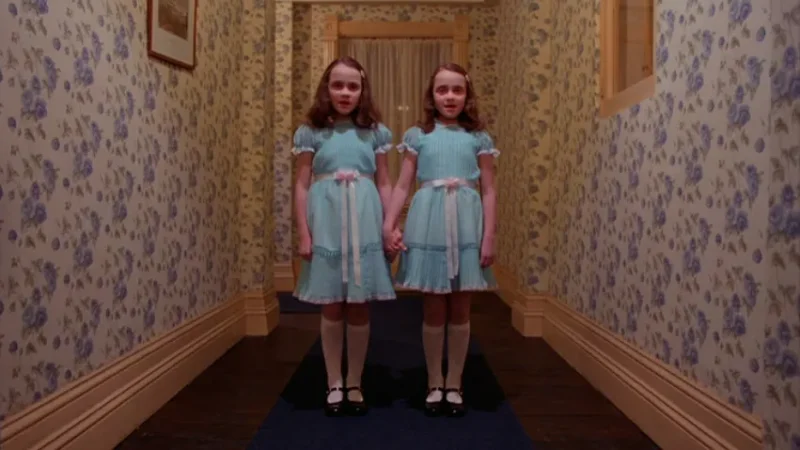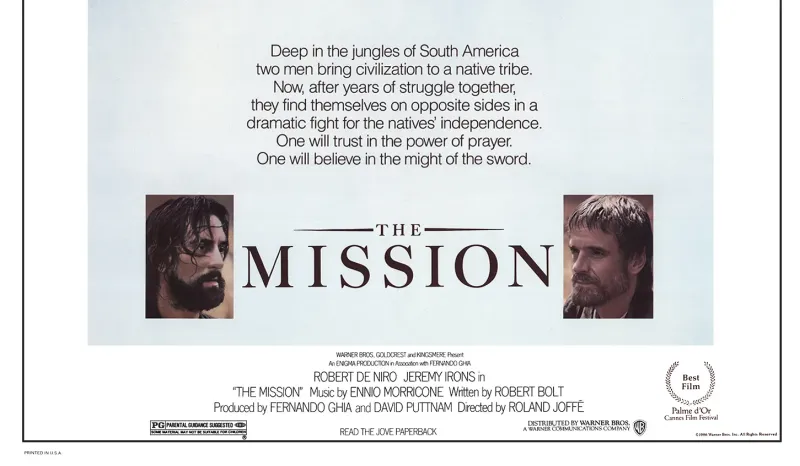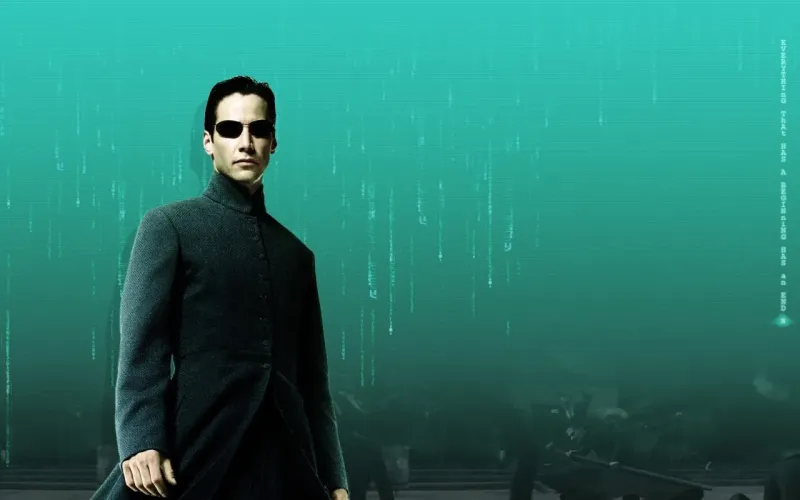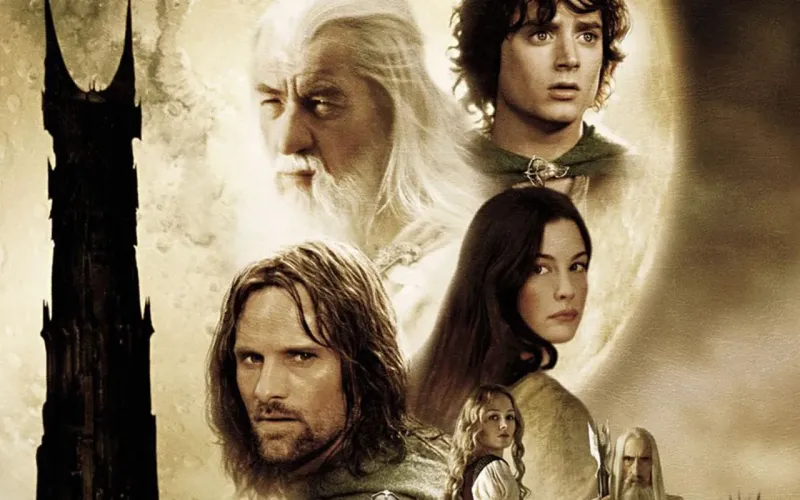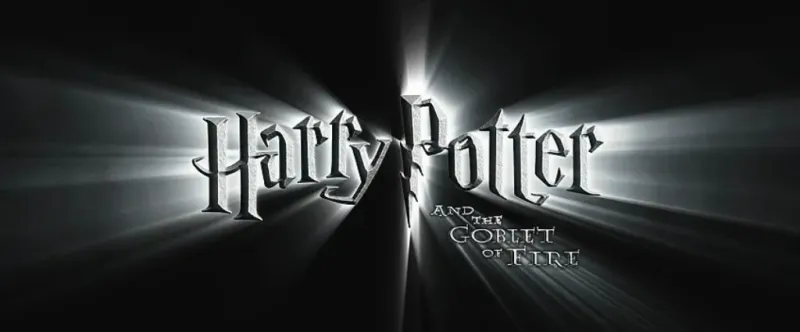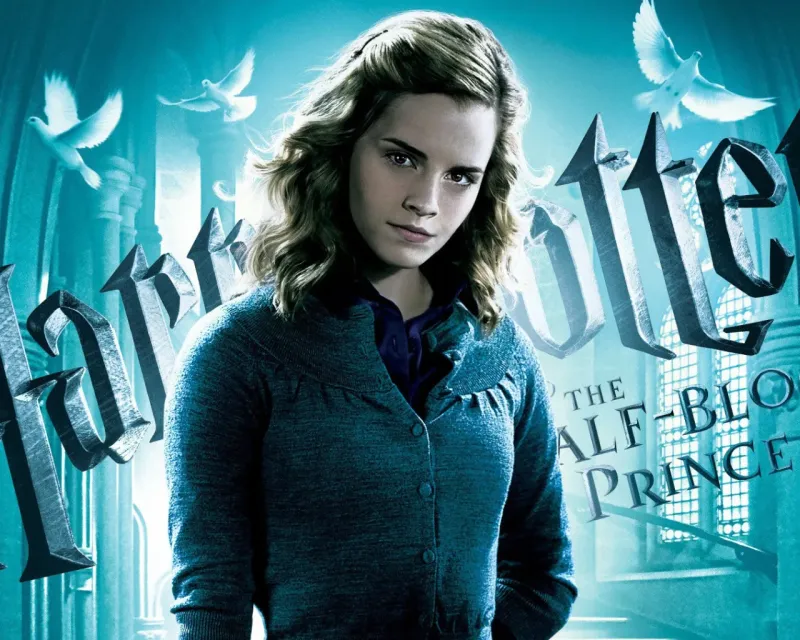Overview of 'The Shining'
'The Shining' is a psychological horror novel written by Stephen King, first published in 1977. The story is set in the ominous Overlook Hotel, where the protagonist, Jack Torrance, becomes the winter caretaker. As the isolated setting takes its toll, Jack's mental state deteriorates, influenced by supernatural forces. The novel explores themes of madness, isolation, and supernatural influence, making it a cornerstone of the horror genre and a significant work in King's bibliography.
The novel is renowned for its intricate character development and atmospheric setting, drawing readers into a world where the line between reality and the supernatural blurs. King masterfully crafts an environment where the hotel itself becomes a character, with its own dark history and malevolent intentions. The narrative delves deeply into the psyche of its characters, particularly Jack's descent into madness, offering a profound commentary on the human mind's vulnerability to external and internal pressures.
Usage and Impact of 'The Shining'
'The Shining' has been adapted into various media forms, most notably the 1980 film directed by Stanley Kubrick. The film, while different in tone and detail from the novel, has achieved cult status in its own right, further cementing the story's place in popular culture. The book's adaptability demonstrates its universal appeal and the timeless nature of its themes. The novel has also inspired numerous discussions and analyses, making it a frequent subject of study in literary and film courses.
This work has not only entertained readers but also influenced the horror genre significantly. It has inspired countless writers and filmmakers, contributing to a renewed interest in psychological horror. The novel's exploration of themes like domestic violence, addiction, and the supernatural has resonated with readers and critics alike, proving its relevance across different eras. 'The Shining' continues to be a benchmark for horror storytelling, known for its ability to evoke fear and provoke thought.
Context and Legacy of 'The Shining'
Stephen King wrote 'The Shining' during a pivotal time in his career, shortly after the success of 'Carrie' and 'Salem's Lot.' The novel reflects King's personal battles with addiction and the pressures of newfound fame, offering a raw and personal perspective that adds depth to its narrative. Set against the backdrop of the remote Colorado mountains, the Overlook Hotel becomes a microcosm of isolation, reflecting the broader societal tensions and personal struggles of the 1970s.
The legacy of 'The Shining' endures through its continued relevance and adaptation in modern media. Its influence is evident in contemporary horror literature and cinema, inspiring a new generation of creators. The novel's exploration of the human psyche and supernatural elements has left an indelible mark on the genre, making it a critical study for understanding the evolution of horror. As it continues to captivate audiences, 'The Shining' remains a monumental work that exemplifies the power of storytelling.
